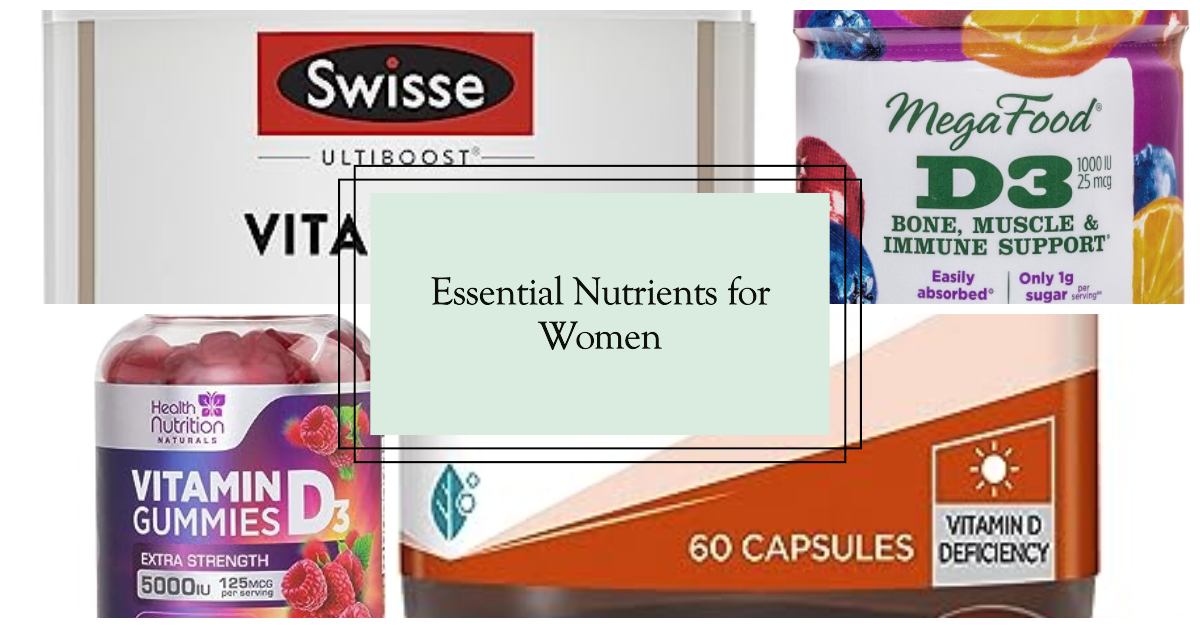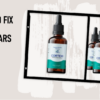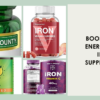Introduction
From folic acid to iron to omega-3 fatty acids, we’ll explore how these vital nutrients can contribute to overall health and well-being. So, whether you’re a busy professional, a devoted mother, or simply want to optimize your health, let’s dive into the exciting world of multivitamins for women and discover how they can be a valuable addition to your daily routine.
Key Takeaways
- Women have unique nutritional needs, and multivitamins tailored for women help address these requirements.
- Multivitamins can bridge dietary gaps, boost energy, enhance immunity, and support bone and hormonal health.
- Essential nutrients for women include vitamin A, C, D, E, B complex, iron, calcium, magnesium, folate, and omega-3 fatty acids.
- Omega-3 fatty acids in multivitamins can help alleviate menstrual pain, reduce the risk of postpartum depression, and support fetal development.
- Consultation with a healthcare professional is recommended before starting any new supplement regimen.
Multivitamins for women stand as a beacon for those looking to bolster their daily nutrient intake. In the modern age, where our diets are often influenced by busy schedules, ensuring we receive the proper amount of essential nutrients can be challenging. Multivitamins tailored for women act as a safeguard, ensuring that the body gets what it needs to function optimally.
Omega-3 fatty acids, for instance, play a pivotal role in women’s health. Beyond just their known benefits for cardiovascular health, they have specific advantages for women, including the alleviation of menstrual pain and support for fetal development. Coupled with their potential to reduce the risk of postpartum depression, their inclusion in multivitamins showcases their importance.

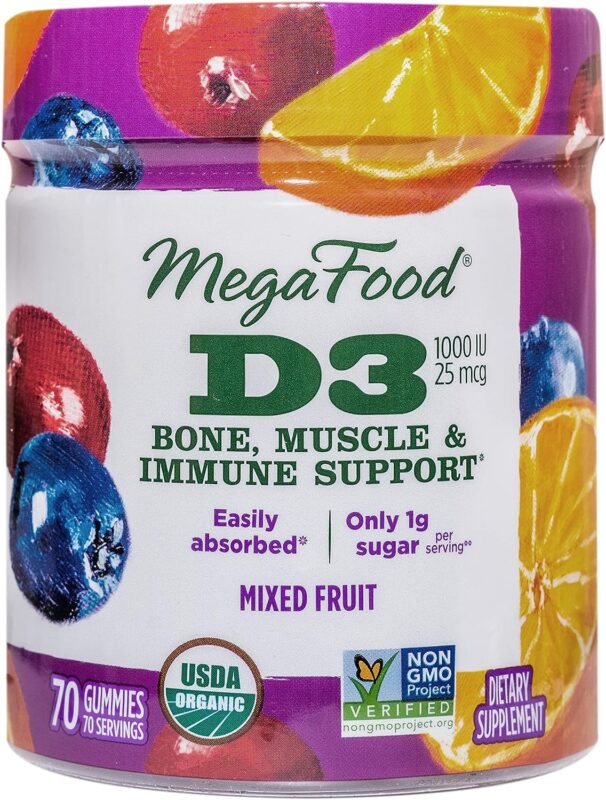
Photo: Amazon
Why Multivitamins Are Important for Women
As a woman, taking care of your health is essential, and one way to ensure you’re getting all the necessary nutrients is by taking multivitamins. Women have unique nutritional needs that may vary from men, and multivitamins specifically tailored for women are designed to meet these needs. These supplements provide a convenient and easily accessible way to bridge any nutritional gaps in your diet, supporting overall well-being and helping you maintain optimal health.
Unique Nutritional Needs of Women
Women’s bodies go through various changes throughout their lives, such as menstruation, pregnancy, breastfeeding, and menopause. Each stage brings its own set of nutritional requirements. For example, during pregnancy, a woman’s need for certain nutrients, like folic acid and iron, significantly increases.
Additionally, women have a higher risk of certain health conditions, such as osteoporosis, which highlights the importance of adequate calcium intake. Moreover, hormonal fluctuations during the menstrual cycle can lead to increased nutrient needs, particularly for vitamins like B complex and minerals like magnesium.
To address these unique nutritional needs and support overall health, multivitamins for women contain a blend of essential vitamins, minerals, and other beneficial compounds.

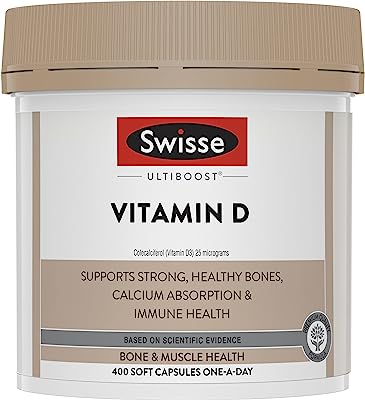
Photo: Amazon
Benefits of Multivitamins for Women
The benefits of taking multivitamins specifically formulated for women are numerous. Here are some of the key advantages:
1. Filling Nutritional Gaps
No matter how balanced your diet is, it can be challenging to get all the nutrients you need from food alone. Multivitamins act as a safety net, providing those vitamins and minerals that might be lacking in your daily meals. This can help ensure you’re not deficient in any essential nutrients, promoting optimal functioning of your body.
2. Improved Energy Levels
A busy lifestyle can sometimes leave you feeling drained and fatigued. Multivitamins contain B vitamins, which play a crucial role in energy production, helping convert food into usable energy. By including B vitamins in your daily routine, you can potentially boost your energy levels, enabling you to tackle your everyday tasks with vitality and vigor.
3. Enhanced Immune Function
A strong immune system is vital for fighting off various infections and diseases. Multivitamins, especially those with vitamin C and vitamin D, can help bolster your immune system’s defense mechanisms. Vitamin C is known for its antioxidant properties, which can support the function of immune cells, while vitamin D plays a crucial role in immune regulation.
4. Support for Bone Health
Women are more susceptible to bone-related conditions like osteoporosis, as they are at a higher risk of developing weak and brittle bones. Calcium and vitamin D are essential for maintaining strong and healthy bones. Multivitamins tailored for women often contain adequate amounts of calcium and vitamin D, helping to improve bone density and reduce the risk of fractures.
5. Hormonal Balance
Many women experience hormonal fluctuations throughout their lives, which can lead to various symptoms like mood swings, irritability, and menstrual irregularities. Multivitamins formulated for women often contain nutrients like vitamin B complex and magnesium, which can support hormonal balance and alleviate these symptoms.
Overall, multivitamins are a convenient and effective way to ensure you’re getting the necessary nutrients to support optimal health, vitality, and well-being as a woman. They can act as a safety net, filling in any nutritional gaps and supporting your body’s various physiological processes.
Essential Nutrients for Women
Now, let’s explore some of the essential nutrients that are particularly important for women’s health and why they are included in multivitamins.
Vitamin A
Vitamin A is a fat-soluble vitamin that plays a crucial role in maintaining healthy vision, immune function, and cell growth and differentiation. It also supports reproductive health and fetal development. Women with vitamin A deficiency may experience impaired night vision, weakened immune function, and even increased risk of complications during pregnancy.
Food sources of vitamin A include liver, carrots, sweet potatoes, spinach, and kale. The recommended daily intake of vitamin A for women varies depending on age and life stage.
Any Questions🤔?
Reach out to us! We’re here to clarify and prioritize your well-being. 🌟
Vitamin C
Vitamin C, also known as ascorbic acid, is a water-soluble vitamin that acts as a powerful antioxidant in the body. It plays a vital role in collagen synthesis, which is essential for maintaining healthy skin, bones, and blood vessels. Vitamin C also supports the immune system and enhances iron absorption.
Some excellent food sources of vitamin C include citrus fruits, strawberries, bell peppers, and broccoli. The recommended daily intake of vitamin C for women depends on age and life stage.
Vitamin D
Vitamin D is a fat-soluble vitamin that is unique in that our bodies can produce it when exposed to sunlight. It is involved in numerous physiological processes, including calcium absorption, bone health, immune function, and the regulation of mood.
While sunlight is the primary source of vitamin D, it can also be found in fatty fish, fortified milk, and eggs. The recommended daily intake of vitamin D for women varies depending on age and life stage.
Vitamin E
Vitamin E is a fat-soluble vitamin and a powerful antioxidant. It protects the body’s cells from damage caused by free radicals, helps maintain healthy skin, and supports immune function. Some studies also suggest that vitamin E may have a positive impact on heart health.
Food sources of vitamin E include nuts, seeds, spinach, and broccoli. The recommended daily intake of vitamin E for women varies depending on age and life stage.
Vitamin B Complex
The vitamin B complex consists of eight water-soluble vitamins, including B1 (thiamine), B2 (riboflavin), B3 (niacin), B5 (pantothenic acid), B6 (pyridoxine), B7 (biotin), B9 (folate), and B12 (cobalamin). Each B vitamin has its own unique role in the body, but they collectively support energy production, brain function, and the health of skin, hair, and nails.
Food sources of the vitamin B complex include fortified cereals, whole grains, legumes, meat, and leafy greens. The recommended daily intake of vitamin B complex for women varies depending on age and life stage.
Iron
Iron is a crucial mineral that plays a vital role in transporting oxygen throughout the body and supporting energy production. Women are at a higher risk of iron deficiency due to blood loss during menstruation. Iron deficiency can lead to symptoms like fatigue, weakness, and impaired cognitive function.
Good food sources of iron include red meat, poultry, seafood, beans, and leafy green vegetables. The recommended daily intake of iron for women varies depending on age and life stage.

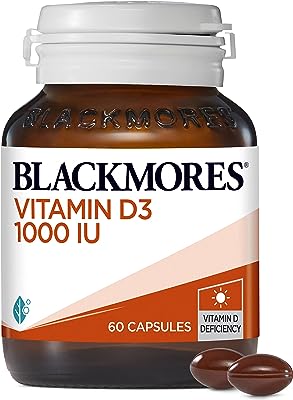
Photo: Amazon
Calcium
Calcium is a mineral that is essential for building and maintaining strong bones. Women are at a higher risk of developing osteoporosis, a condition characterized by weak and brittle bones. Adequate calcium intake, along with vitamin D, is crucial for reducing this risk.
Dairy products, leafy green vegetables, and fortified foods are excellent sources of calcium. The recommended daily intake of calcium for women varies depending on age and life stage.
Any Questions🤔?
Reach out to us! We’re here to clarify and prioritize your well-being. 🌟
Magnesium
Magnesium is a mineral that plays a vital role in numerous physiological processes, including energy production, muscle and nerve function, and maintaining healthy bones and teeth. It also supports cardiovascular health and helps alleviate symptoms of PMS.
Food sources of magnesium include nuts, seeds, whole grains, and leafy green vegetables. The recommended daily intake of magnesium for women varies depending on age and life stage.
Folate
Folate, also known as vitamin B9, is a water-soluble vitamin that is crucial for DNA synthesis and cell division. It is especially important for women of childbearing age, as adequate folate intake can help prevent neural tube defects in newborns. Folate also supports red blood cell production and helps reduce the risk of certain cancers.
Leafy green vegetables, citrus fruits, legumes, and fortified grains are excellent sources of folate. The recommended daily intake of folate for women varies depending on age and life stage.
Omega-3 Fatty Acids
Omega-3 fatty acids are a type of polyunsaturated fat that is essential for overall health. They play a crucial role in heart health, brain function, and reducing inflammation in the body. Omega-3 fatty acids are particularly important for women’s health, as they may help alleviate menstrual pain, reduce the risk of postpartum depression, and support fetal development during pregnancy.
Fatty fish like salmon and sardines, flaxseeds, chia seeds, and walnuts are excellent sources of omega-3 fatty acids. The recommended daily intake of omega-3 fatty acids for women varies depending on age and life stage.

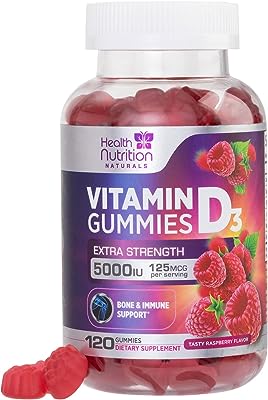
Photo: Amazon
Conclusion
Multivitamins specially formulated for women play a crucial role in supporting overall health and well-being. They provide a convenient and accessible way to ensure you’re meeting your unique nutritional needs. By incorporating essential nutrients like vitamin A, vitamin C, vitamin D, vitamin E, vitamin B complex, iron, calcium, magnesium, folate, and omega-3 fatty acids into your daily routine, you can support optimal health throughout the different stages of your life. Remember to consult with a healthcare professional before starting any new supplement regimen to ensure it aligns with your specific health needs.
Disclaimer
Please keep in mind that nothing said here should be construed as a substitute for professional medical or financial advice from a qualified financial advisor or a licensed healthcare provider. If you use pharmaceuticals or have concerns after reading the above review information, be sure to speak with a qualified physician or financial expert before making any purchasing decisions. Since the claims made about these products have not been reviewed by the Food and Drug Administration or Health Canada, individual outcomes may differ and cannot be guaranteed. Research that has been approved by the FDA or Health Canada has not attested to the efficacy of these products. These goods do not offer any form of get-rich-quick scheme and are not designed to diagnose, treat, cure, or prevent any ailment. The reviewer disclaims all liability for incorrect pricing. For exact prices, view the product sales page

